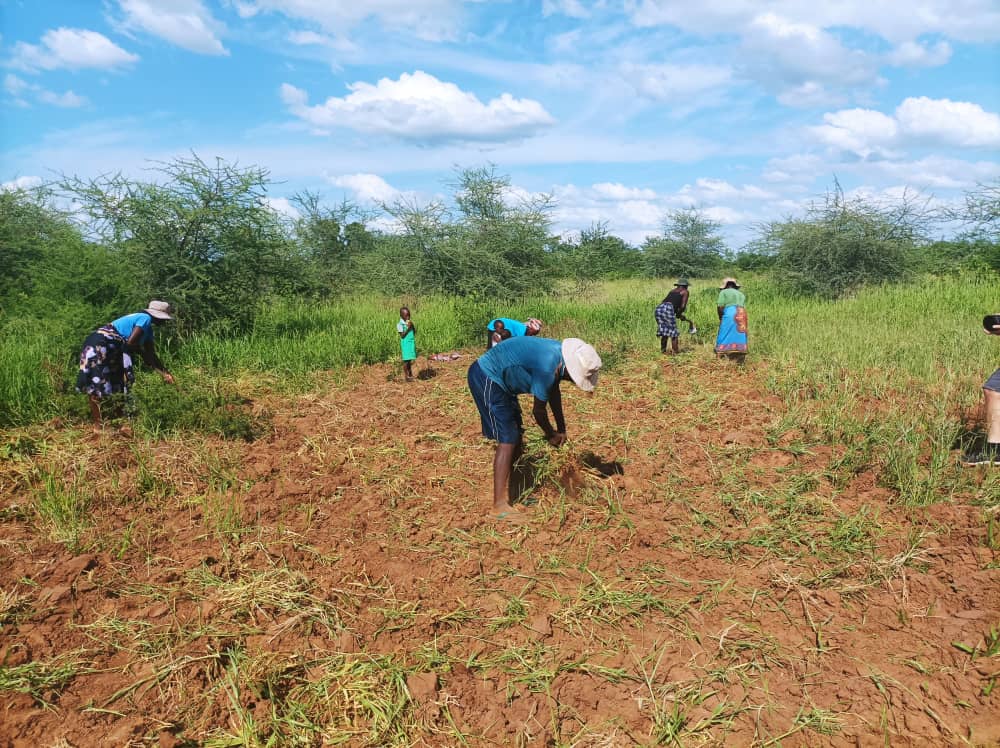|
Getting your Trinity Audio player ready...
|
Writes Zvikomborero Machinga
In the world of agriculture, certifications such as Global G.A.P and organic certification have become indispensable markers of quality, sustainability, and marketability. However, for small-scale farmers, the cost of individual certification often stands as a formidable barrier, constraining their ability to access lucrative markets and maintain competitiveness. In response, a growing trend is emerging: small-scale farmers are joining forces, forming collectives or groups of operators to navigate the certification process affordably while amplifying their collective impact.
Certifications like Global G.A.P (Good Agricultural Practices) and organic certification are not just badges of honour; they are passports to premium markets. They assure consumers of safe, sustainable, and ethically produced goods while unlocking access to retail giants, export markets, and premium pricing. However, the cost of achieving and maintaining these certifications can be prohibitive, particularly for small-scale farmers operating on razor-thin profit margins.
Enter the power of collective action. By banding together, small-scale farmers are discovering strength in numbers, pooling resources, and sharing costs to obtain certifications that would otherwise be financially out of reach. These groups of operators, whether formal cooperatives, associations, or informal networks, are proving to be a game-changer in democratizing access to certification.
One of the most significant advantages of collective certification is cost sharing. Instead of each farmer bearing the full burden of certification expenses, the costs are divided among members of the group, significantly reducing the financial strain on individual farmers. This shared financial responsibility extends to audits, documentation, training, and other requirements mandated by certification bodies.
Moreover, collective certification facilitates knowledge exchange and capacity building. Farmers within these groups can leverage each other’s expertise, experiences, and resources to enhance their understanding of certification standards and best practices. Through peer-to-peer learning and mentorship, farmers can address gaps in their own practices more effectively, leading to continuous improvement across the board.
Another key benefit is increased bargaining power. As a unified entity, a group of operators can negotiate better deals with certification bodies, consultants, input suppliers, and buyers. By consolidating demand and leveraging economies of scale, these groups can secure discounts on certification fees, training programs, equipment, and inputs, further driving down costs and enhancing profitability.
Furthermore, collective certification fosters solidarity and community cohesion among farmers. By working together towards a common goal, farmers forge stronger bonds, build trust, and foster a sense of belonging. This spirit of collaboration not only strengthens the social fabric of rural communities but also cultivates resilience in the face of shared challenges.
However, collective certification is not without its challenges. It requires effective governance structures, clear communication channels, and a commitment to consensus-building among members. Moreover, differences in farm sizes, practices, and priorities can sometimes create tensions within the group. Addressing these challenges necessitates strong leadership, transparency, and a culture of inclusivity and mutual respect.
In conclusion, the rise of collective certification among small-scale farmers heralds a promising shift towards a more equitable and sustainable agricultural landscape. By joining forces, farmers are not only reducing the cost of certification but also amplifying their collective impact, enhancing market access, and fostering community resilience. As the adage goes, “United we stand, divided we fall.” In the realm of certification, unity is proving to be the ultimate catalyst for transformation.
As small-scale farmers continue to navigate the complexities of certification, the path forward seems clear: together, they can achieve more than they ever could alone.
Zvikomborero Machinga is an Agri-Foods and Export Standards consultant and can be reached at: [email protected] +263 773834 036






